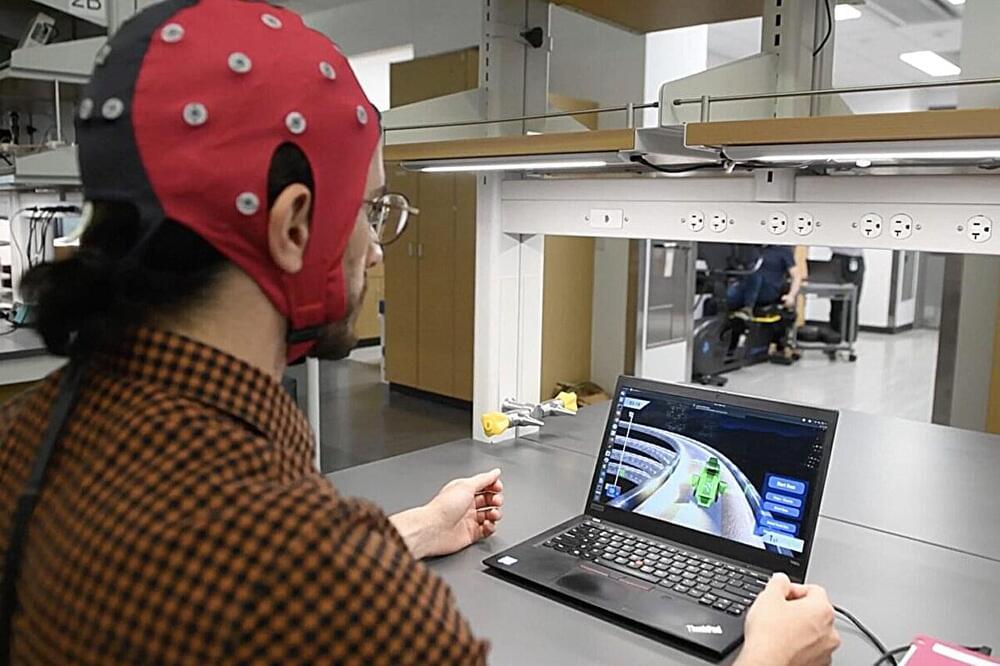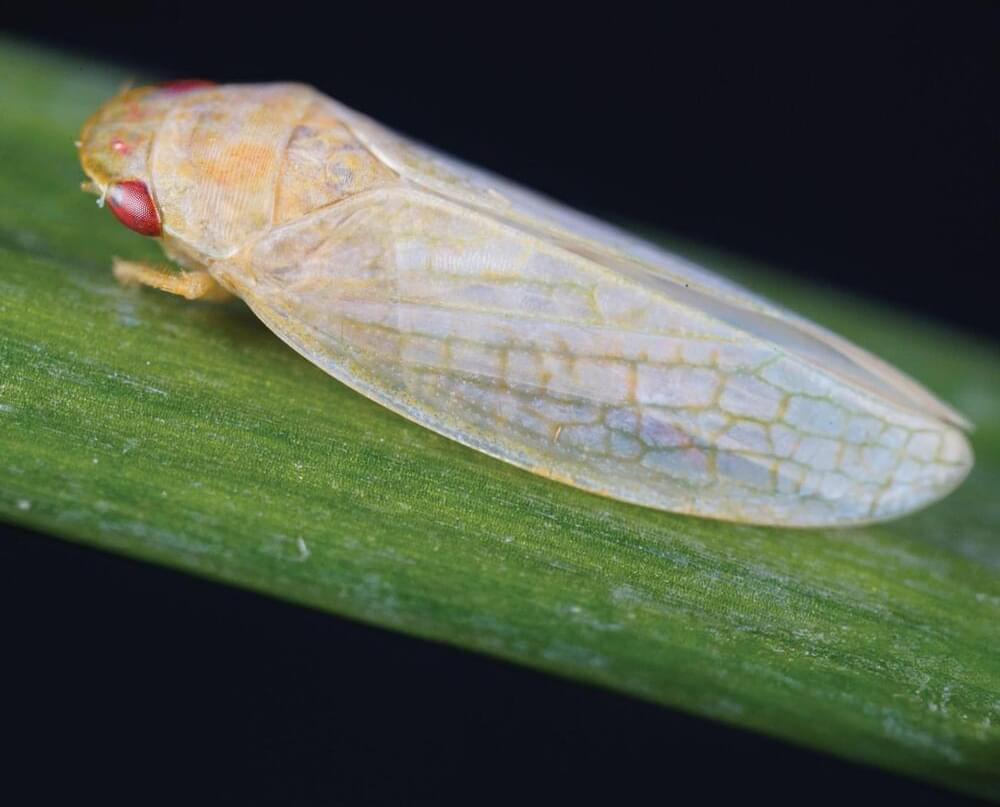In an effort to enhance the educational outreach of their Starlink constellation, SpaceX has an interactive global map of their Starlink internet satellites, which provides live coverage of every satellite in orbit around the Earth.
Get the latest international news and world events from around the world.

Spare Parts 3D launches new AI-powered 2D-to-3D model digitization tool
French software start-up Spare Parts 3D (SP3D) has launched the beta program of Théia, its new digital tool that can automatically create 3D models from 2D technical drawings.
As global geopolitical and economic factors pose challenges to supply chains, more companies are looking to digitize their inventories, allowing spare parts to be 3D printed locally and on demand. This digitization process, however, can be time-consuming and costly.
Integrating into the company’s AI-driven DigiPart software, SP3D’s new offering leverages deep learning technology to convert existing 2D drawings of spare parts into 3D printable models, reducing conversion times from days to minutes.

NASA’s New Asteroid Sample Is Already Rewriting Solar System History
Scientists have scarcely begun studying pristine material from asteroid Bennu brought back to Earth by the OSIRIS-REx mission, but have already found several surprises.




Can Transhumanism Rescue The West From The Threat Of AI?
Here’s a new Forbes review by world leading futurist Tracey Follows on the book: Transhuman Citizen:
What does Transhumanism, Ayn Rand and the U.S. Presidential election have in common? They are the connecting themes in a new book by Ben Murnane entitled, “Transhuman Citizen”
The book tells the story of Zoltan Istvan, a one-time U.S. Presidential candidate, who drove a coffin-shaped bus around the U.S. attempting to persuade the public that death is not inevitable and that transhumanism is a political as much as a scientific solution to the troubles of the 21st Century.
The book deals with what lead up to that Presidential campaign, the campaign itself, and what has happened since.
It starts with an explanation of how the author came to settle on his subject of Zoltan Istvan Gyurko, and the radical changes he wants to see in society. It links the author’s interest to his own personal circumstances. Murnane has a rare genetic disease, Fanconi anaemia, and became the first person in Ireland to have a novel form of bone marrow transplant. Having benefited from advanced medical technologies, he went on to write a book about living with the illness. Murnane also has interest in Ayn Rand, having completed a PhD in Rand and Posthumanism.

Neurological Shadows: The Cognitive Costs of Sleep Apnea Unraveled
A new study indicates a link between sleep apnea and increased memory or thinking problems, based on self-reported data from over 4,000 participants.
People who experience sleep apnea may be more likely to also have memory or thinking problems, according to a preliminary study that will be presented at the American Academy of Neurology’s 76th Annual Meeting taking place April 13–18, 2024, in person in Denver and online. The study shows a positive association but did not determine whether sleep apnea causes cognitive decline.
Sleep apnea is when people stop and restart breathing repeatedly during sleep which can lower oxygen levels in the blood. Symptoms include snorting, gasping, and breathing pauses. People with the disorder may also experience morning headaches or have trouble focusing on tasks.

Solar Power Surge: Sun Emits Intense X1.1 Flare
The Sun emitted a strong solar flare, peaking at 4:56 p.m. ET on March 28, 2024. NASA
Established in 1958, the National Aeronautics and Space Administration (NASA) is an independent agency of the United States Federal Government that succeeded the National Advisory Committee for Aeronautics (NACA). It is responsible for the civilian space program, as well as aeronautics and aerospace research. Its vision is “To discover and expand knowledge for the benefit of humanity.” Its core values are “safety, integrity, teamwork, excellence, and inclusion.” NASA conducts research, develops technology and launches missions to explore and study Earth, the solar system, and the universe beyond. It also works to advance the state of knowledge in a wide range of scientific fields, including Earth and space science, planetary science, astrophysics, and heliophysics, and it collaborates with private companies and international partners to achieve its goals.

This Common Backyard Insect Is Helping Scientists Develop Invisibility Devices
Leafhoppers, a common backyard insect, secrete and coat themselves in tiny mysterious particles that could provide both the inspiration and the instructions for next-generation technology, according to a new study led by Penn State researchers. In a first, the team precisely replicated the complex geometry of these particles, called brochosomes, and elucidated a better understanding of how they absorb both visible and ultraviolet light.
This could allow the development of bioinspired optical materials with possible applications ranging from invisible cloaking devices to coatings to more efficiently harvest solar energy, said Tak-Sing Wong, professor of mechanical engineering and biomedical engineering. Wong led the study, which was published today (March 18) in the Proceedings of the National Academy of Sciences of the United States of America (PNAS).